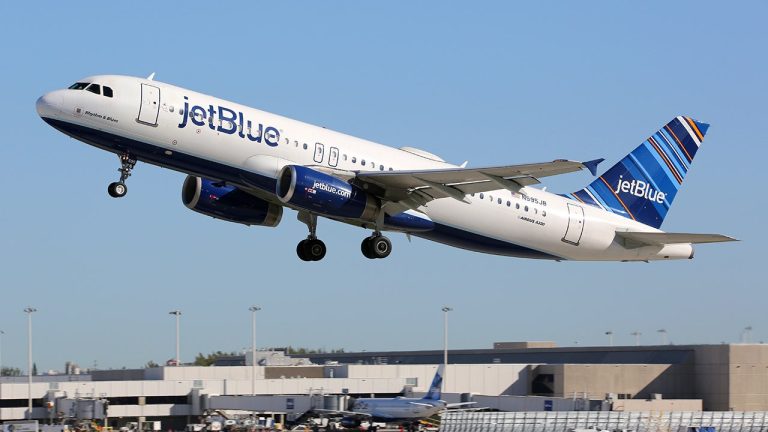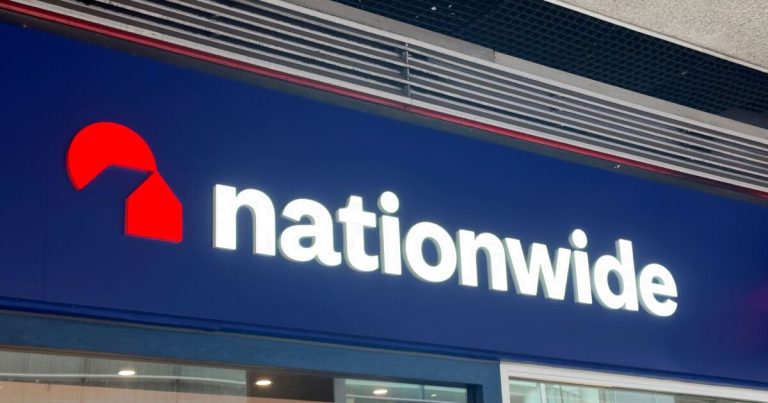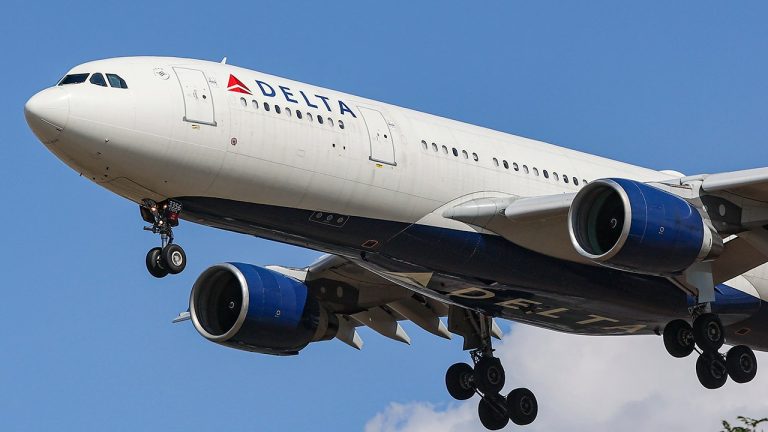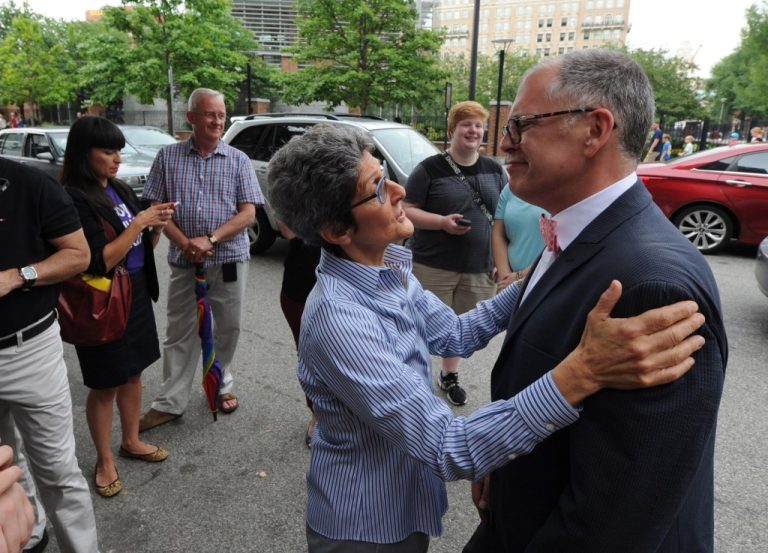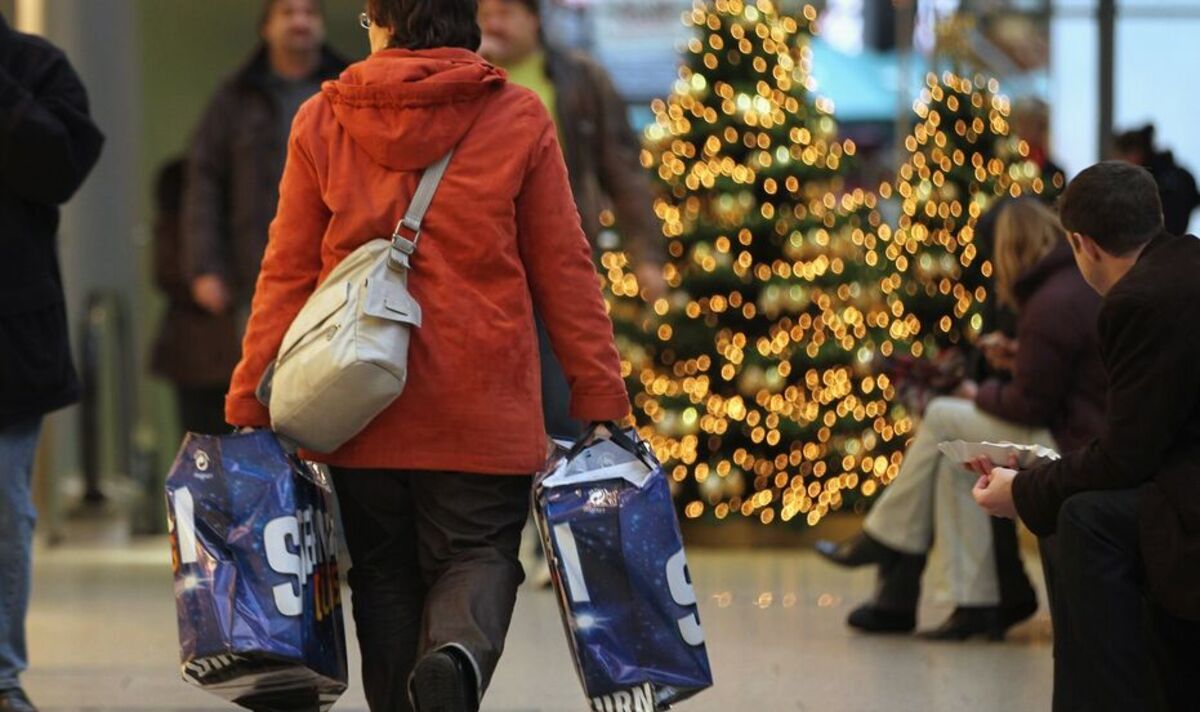
Three in 10 British adults who celebrate or shop for Christmas have already started buying items for the festive season, according to a new survey.
Gifts for others were the most common items that people said they had already bought, followed by wrapping paper and gift bags, Christmas cards, decorations, and long-life food or snacks.
Those who have started their seasonal spending have already spent £94 on average on gifts, the research, carried out for American Express, found.
This rises to £110 when taking into account everything they have bought for Christmas, such as food, drink, travel and decorations.
Four in 10 (41 percent) shoppers said that deals and offers would influence their decisions to purchase gifts for family and friends, compared with 16 percent who said gift guides.
Meanwhile, 14 percent said Christmas adverts help sway them into making purchases. Nearly four-fifths (79 percent) also feel it is important to support local businesses when shopping.
Andrei Ciripitca, vice president at American Express, said: “The festive period is an important time for businesses and shoppers alike, and we continue to see many people spreading their Christmas shopping throughout the year.”
Some 2,000 people across the UK were surveyed by Opinium for the research.
Living costs have been spiralling since early last year, spurring an increasing number of Britons to spread Christmas costs over several months instead of taking one big hit in December.
George Weston, the CEO of Primark-owner Associated British Foods (ABF.L), told Reuters last winter: “People are spreading their Christmas purchases across three or four paydays, rather than relying on cash that they have in hand in December.”
While the UK Consumer Price Index (CPI) inflation rate has been marginally dropping month-on-month following a fall in energy costs over the summer, it still remains high at 6.8 percent.
According to Barclay’s August Spend Data, almost a third (31 percent) expect this coming Christmas to be more expensive than last year, while a fifth (19 percent) are worried about being able to keep up with outgoing costs. One in five (17 percent) savvy savers said they have started to put money aside to help fund their festivities.
Despite this, Britons’ confidence in their household finances and ability to live within their means has increased slightly (67 percent and 72 percent) compared to July (65 percent and 70 percent).
Over half of the respondents said they had noticed that some of the food and drink products they buy have been downgraded in terms of quality or the number of premium ingredients, yet still cost the same or more than they used to – otherwise known as “skimpflation”.
In addition, “shrinkflation” continues to be front of mind for the majority of shoppers (84 percent), with chocolate, crisps and packs of biscuits remaining the top products identified as being impacted by this ongoing trend.
Esme Harwood, director at Barclays, said: “Shrinkflation – and now ‘skimpflation’ – are increasing concerns for value-seeking shoppers. However, Britons’ confidence in their household finances is unwavering, suggesting they remain resilient in the face of these inflationary pressures.”


